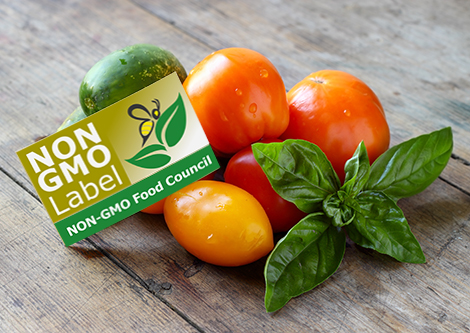GMO farming has given rise to super weeds and super pests that are extremely difficult for farmers to manage.

Farmers affected by resistant pests must return to older and more toxic chemicals, more labor, or more intensive tillage that eclipses the promised benefits of GMO technology.
Of particular concern is the overuse of glyphosate, a broad-spectrum herbicide commercially available in Monsanto's Roundup, used with seeds designed to withstand its application.
Between 1996 and 2011, herbicide use in the US increased by 527 million pounds, mostly from glyphosate. There are now at least 14 glyphosate-resistant strains across the country, and that number is nearly doubling worldwide.
This scenario was foretold in a 2010 report from the National Academy of Sciences, warning that overuse of glyphosate would render it useless. There are similar reports of neonatal resistance to Bt toxin from GMO cotton.
Herbicides, including glyphosate, can also increase plant diseases by altering the ability of plants to absorb nutrients and reducing soil health by killing microbes. These chemical-dependent strategies, marketed by major chemical and biotech companies, will keep farmers increasingly dependent on toxic pesticides in a race where nature always wins.
Do not hesitate to contact our expert team to get detailed information about the GMO Free and NON GMO label and certification, or to apply for certification.
